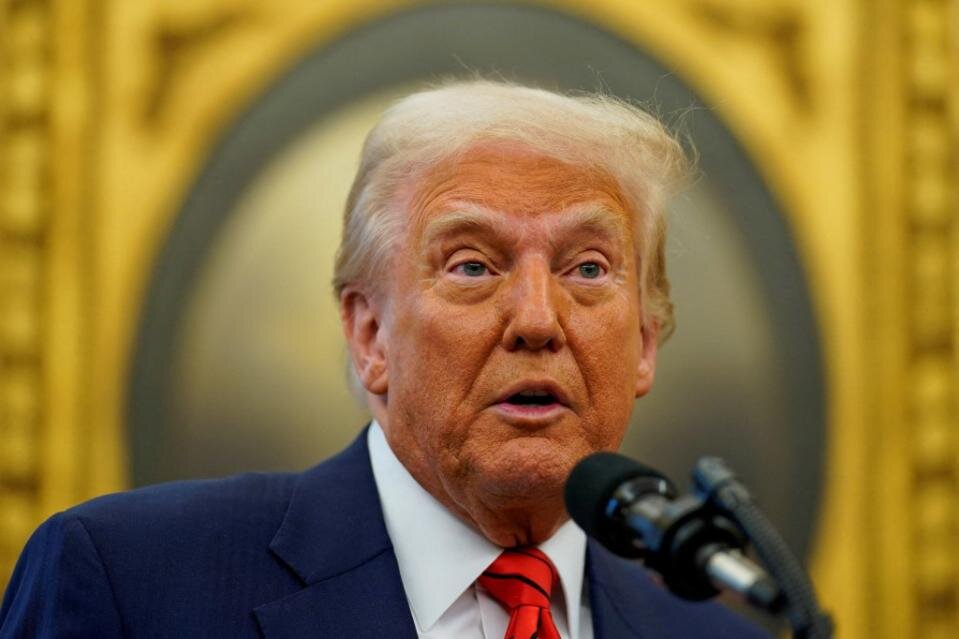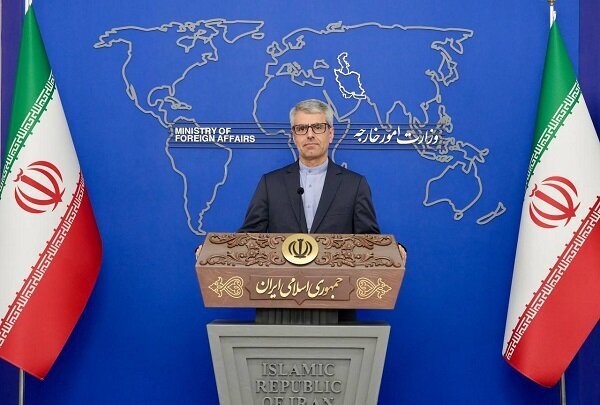Trump Advocates for Gaza Takeover Plan While Declaring He Won’t Enforce It
In a recent radio interview with Fox News, the US president expressed his surprise at the opposition from Jordan and Egypt regarding his controversial plan to “take over” Gaza. This statement has sparked significant discussion about the implications of such a strategy for the region and its people.
During the interview, the president stated, “I’ll tell you, the way to do it is my plan – I think that’s the plan that really works.” He went on to clarify that he was not imposing his idea but rather recommending it, saying, “But I’m not forcing it, I’m just going to sit back and recommend it.” He further elaborated that under his plan, “the US would own the site, there’d be no Hamas, and there’d be development and you’d start all over again with a clean plate.”
These comments come amid a backdrop of rising tensions and ongoing discussions among Arab leaders. Several nations convened earlier in Saudi Arabia to formulate a counterproposal to Trump’s Gaza takeover initiative. This meeting underscores the regional discontent with the president’s approach.
In a conversation with Al Jazeera from Cairo, Bayoumi, the former Egyptian deputy foreign affairs minister to the EU, criticized Trump’s understanding of international law and the complexities of the Middle East. He remarked, “He’s trying from time to time to [float] a new balloon to see what is the reaction.” This sentiment reflects a growing frustration among Arab leaders regarding the US president’s proposals.
- Rejection of Trump’s Plan: Arab leaders have collectively dismissed the idea of a US-led takeover of Gaza.
- International Response: Even traditional allies of the US, such as Germany and France, have found the plan illogical.
- Palestinian Rights: Bayoumi emphasized that it is unreasonable to expect Palestinians to abandon their homeland.
The backlash against Trump’s plan highlights the delicate balance of power in the region and the complexities involved in addressing the Palestinian issue. Many leaders are advocating for a solution that respects the rights and dignity of the Palestinian people, rather than one that seeks to displace them.
As discussions continue, it remains essential to consider the broader implications of any proposed changes in policy towards Gaza. The historical context and the realities on the ground must be taken into account to avoid further escalation of tensions.
In summary, the response from Jordan, Egypt, and other Arab nations signals a clear rejection of Trump’s Gaza takeover plan. The suggestion that the US would simply assume control of the region, while disregarding the rights of the Palestinian people, has been met with widespread criticism. With Arab leaders actively seeking alternatives, it is evident that the pursuit of peace in Gaza remains a complex and contentious issue.
As the situation evolves, it will be critical for all involved parties to engage in meaningful dialogue that prioritizes the welfare of the Palestinian people while addressing the security concerns of the region. The ongoing discourse surrounding this issue is a testament to the intricate dynamics at play in Middle Eastern geopolitics.
In conclusion, the pushback against Trump’s plans reflects a broader sentiment among Arab nations regarding their role and agency in the future of Palestine. The need for a balanced approach that honors international law and promotes peace cannot be overstated.






